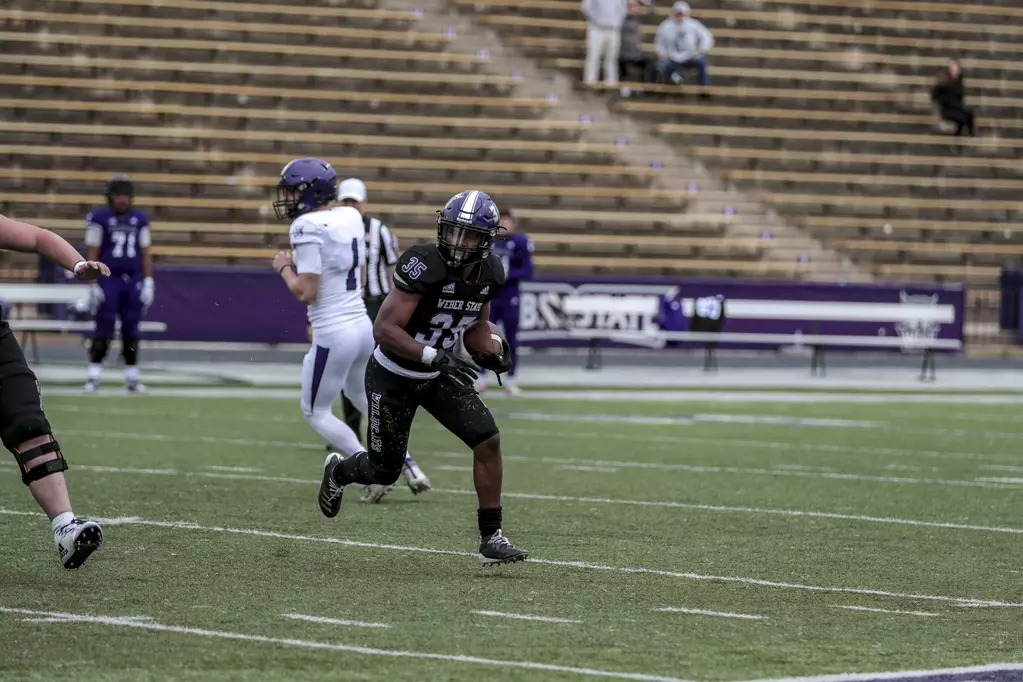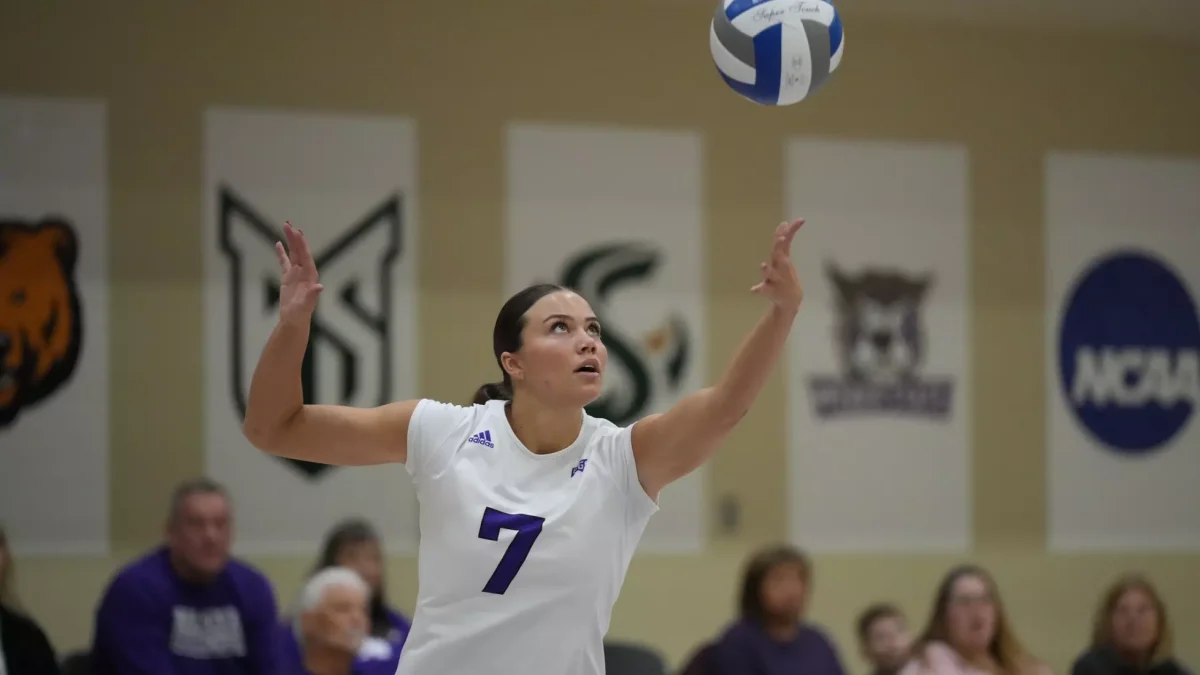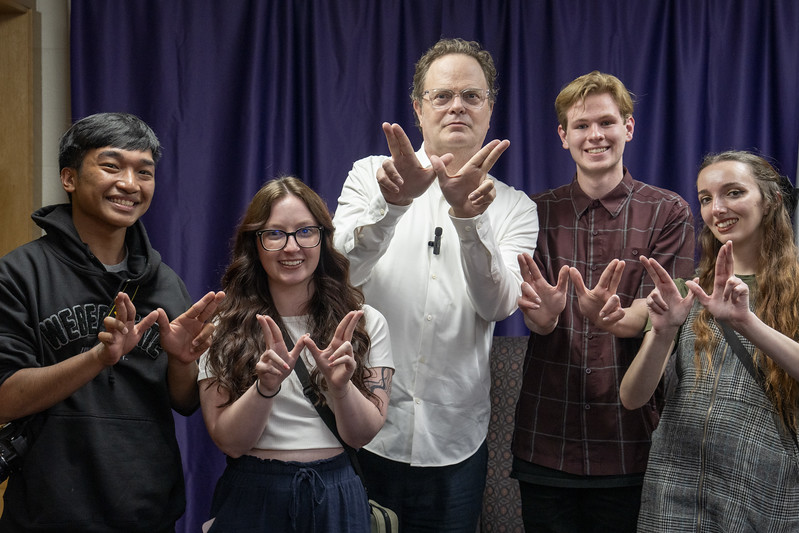There’s a certain eeriness that pervades the last weeks of an experience. I believe that life is divided up into chapters, some more noticeable in their boundaries than others. The chapters that are marked, like college, pace on with rhythm that is as hypnotizing as it is consistent.
Reading a great book is a bittersweet experience. It’s a constant fight marching on through the story, grabbing every last detail, digesting the tensions and conflicts and relationships. You carefully trudge forward, caught between the desire to keep reading and not to finish, a fight that becomes clearly futile as the pages against the left of the book replace those on the right.
My chapter at Weber State is coming to a close. I walk across campus and see ghosts of memories played out among tangible students. If you don’t focus, you can forget which student is tangible and which is an echo. I’ve had a lot of great experiences at Weber State. I say “great” not in the atrophied and common use of the word, but in the true sense, “derived from greatness.” The sheer velocity of my experiences here are truly a great thing and not something easily digested.
Memories of Dr. Campbell’s wit and enthusiasm for music history, Dr. Willard’s clear and down-to-earth approach to deductive logic, and countless other ghosts of classrooms stand out. I can see myself giving tours to anxious freshmen with fellow ambassadors, making phone calls from the Alumni Center, and laughing too much and too loudly into the late hours of the night at The Pie.
In all of these ramblings, you may be saying, “I’m sure this very cathartic, Al, but why am I reading this?” This is a valid question, and since you endured my sentimental driveling, I’ll tell you.
There’s a line from the last episode of “The Office” where Andy, an overly nostalgic Ivy Leaguer, says something more poignant than you’d expect from a sitcom. He talks of his time at Cornell, his time in The Office, and how he always wished he could go back to the good old days. Than he slaps you across the face with a lesson not easily learned: “I wish someone would tell you that you’re in the good old days before you’ve actually left them.”
I’ve made a mistake that has cost a great deal of enjoyment from my time here. I was so focused on being outside of whatever I was doing that I missed it. I’ve enjoyed a great deal of experiences, it’s true, but I can’t help but wonder what would have happened if I had focused on why I was there and remembered that I enjoyed what I was doing. Instead, I was preoccupied with something less immediate, and, regardless of its impact on my academic career, I missed that moment.
The tragedy of this is that I see my own ghosts, Als of days past, longing for a future away from what they were doing. Now that I’m here, I wish that I hadn’t.
When you walk the halls of your buildings, cross the paths of campus and gaze at the foreground of your life, remember that you cannot get time back, regardless of how hard you try. When you pace your own memoriams, find your ghosts engaged in what they’re doing. Otherwise, you’ll be left with a regretful tribute.
Our chapters all march on independent of one another. My moral of this story is multifaceted, but I have learned to love where I am and put planning in its place. Plan for the future. Learn from the past. But above all, live in the present. You don’t get that back.



















